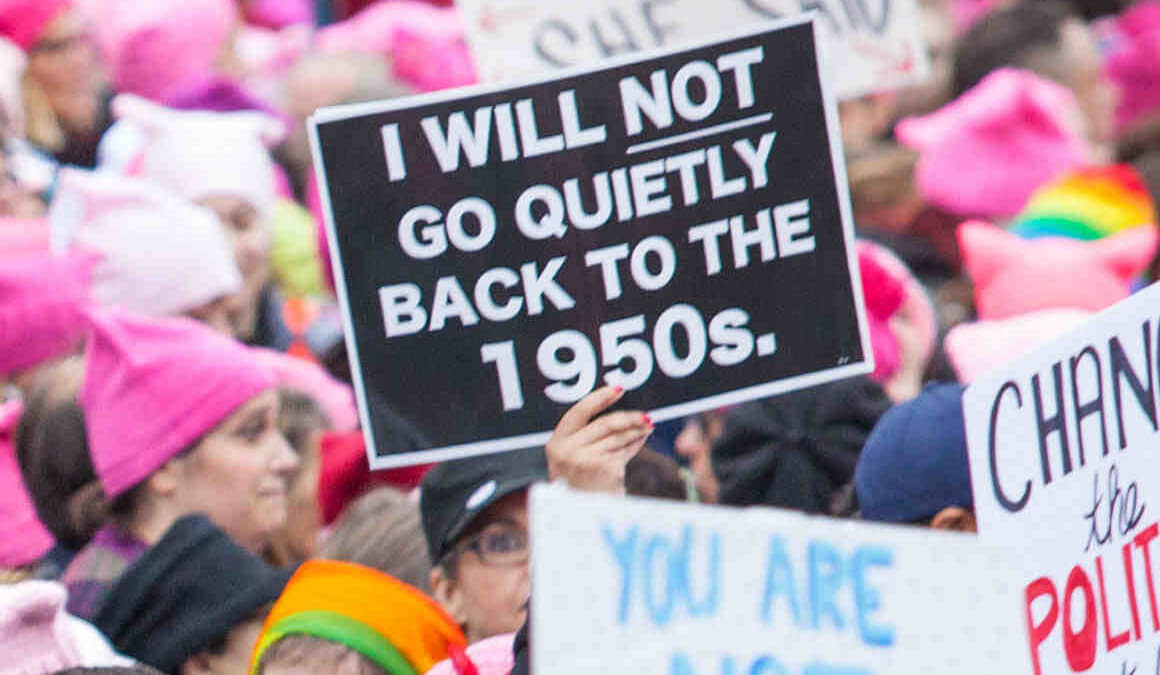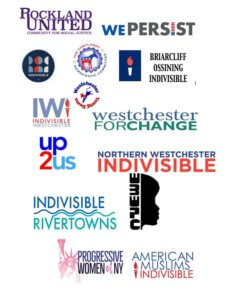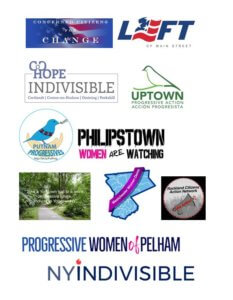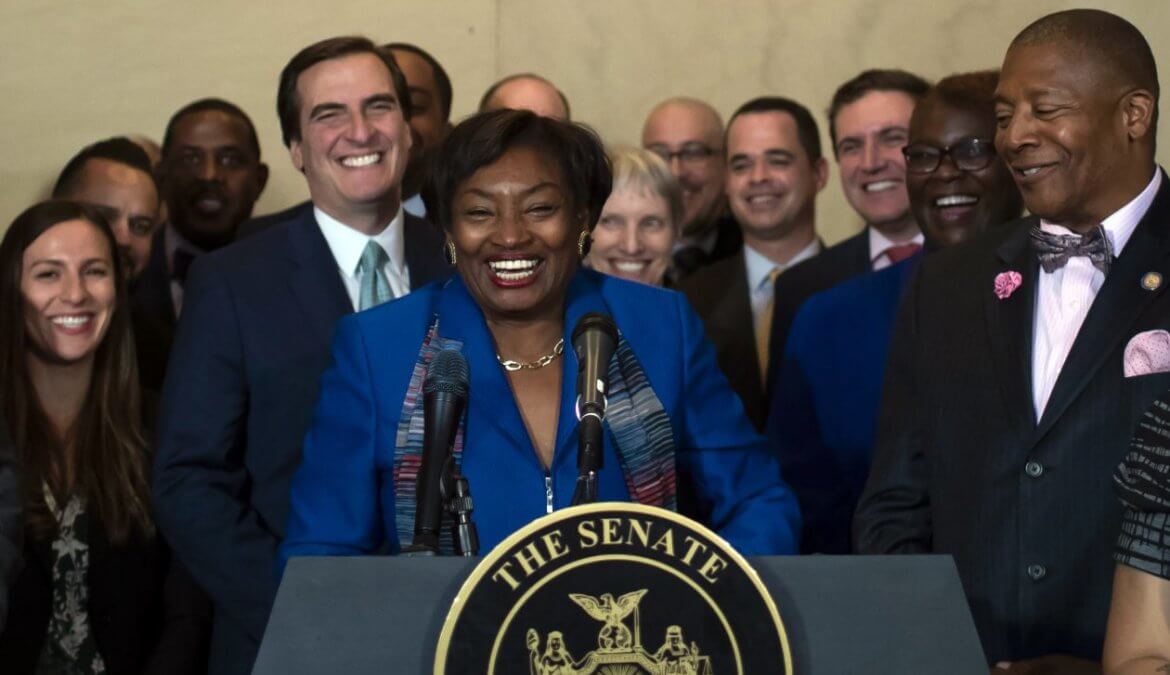Groups Call For Immediate Passage Of The RHA
January 2019
We, the undersigned, ask that you vote for the Reproductive Health Act (RHA) of 2019 during this legislative session. The RHA secures and protects our health and reproductive rights by updating New York’s outdated abortion law passed back in 1970, prior to Roe v. Wade.
According to current state law, New York regulates abortion as a homicide in the penal code. The law as it stands fails to meet the constitutional standard of Roe and is out of step with modern medicine. With the Trump administration determined to limit abortion access and a new anti-Roe majority on the Supreme Court, time is of the utmost importance. This is why we ask that you pass the RHA NOW.
The Reproductive Health Act is important because it:
Updates our laws, securing and protecting the right to abortion in New York. The RHA enshrines in state law the constitutional standard of Roe, affirms reproductive freedoms, and allows New Yorkers to get safe and legal abortions.
Protects health care professionals who provide vital care. The RHA ensures that qualified health care providers with appropriate training and expertise can provide abortion services. This improves access to health care, especially for low income women, women of color and women in rural areas.
Treats abortion as health care, not a crime. The RHA moves the regulation of abortion from the penal code into public health law and repeals a Civil War-era law that criminalizes women who terminate a pregnancy without a medical provider.
Nearly eight out of 10 New Yorkers support protecting a woman’s right to have an abortion. Additionally, one in four women will access abortion care in their lifetime. We want to make sure that New York offers the fullest protections when it comes to reproductive health care.
The policies of the Trump administration and the new Supreme Court make it unsafe and irresponsible for New York to rely on federal protections to ensure our basic rights. We need state protections, and we expect our elected officials to show real leadership in defending abortion access.
With your support, New York State can be a national leader when it comes to abortion access and the reproductive rights of women. We strongly urge members of both houses of the legislature to support the Reproductive Health Act of 2019.
WCLA – Choice Matters, the oldest ongoing pro-choice advocacy organization in the nation, proudly joins with the following forty (40) New York State-based organizations, together representing thousands upon thousands of NYS residents, to ask NYS Governor Cuomo, the NYS Senate and the NYS Assembly to pass the Reproductive Health Act into law NOW.
WCLA – Choice Matters stands with the following 40 NYS-based Organizations
Action Together – Northern Westchester
American Muslims Indivisible
Briarcliff Ossining Indivisible
CCoHope Indivisible (Cortlandt, Croton-on-Hudson, Ossining, Peekskill)
CD17Indivisible
Coalition New York
Concerned Citizens for Change
Cortlandt Democratic Committee
Croton Democratic Committee
Croton in Action
Greenburgh Democratic Town Committee
Indivisible New Rochelle
Indivisible Pawling
Indivisible Districts 6 & 7
Indivisible New York
Indivisible Rivertowns
Indivisible Scarsdale
Indivisible Westchester
Indivisible Yorktown NY
Irvington Activists
LarchForward
Left of Main Street
Lower Hudson Valley Progressive Action Network
March on Peekskill
New York Progressive Action Network
Northern Westchester Indivisible
Philipstown Women Are Watching
Progressive Women of New York
Progressive Women of Pelham
Putnam Progressives
Rockland Citizens Action Network
Rockland United
Up2Us
Uptown Progressive Action
WE PERSIST
Westchester Black Political Conference
Westchester Black Women’s Political Caucus
Westchester for Change
Westchester Young Democrats
Westchester Women’s Democratic Alliance






